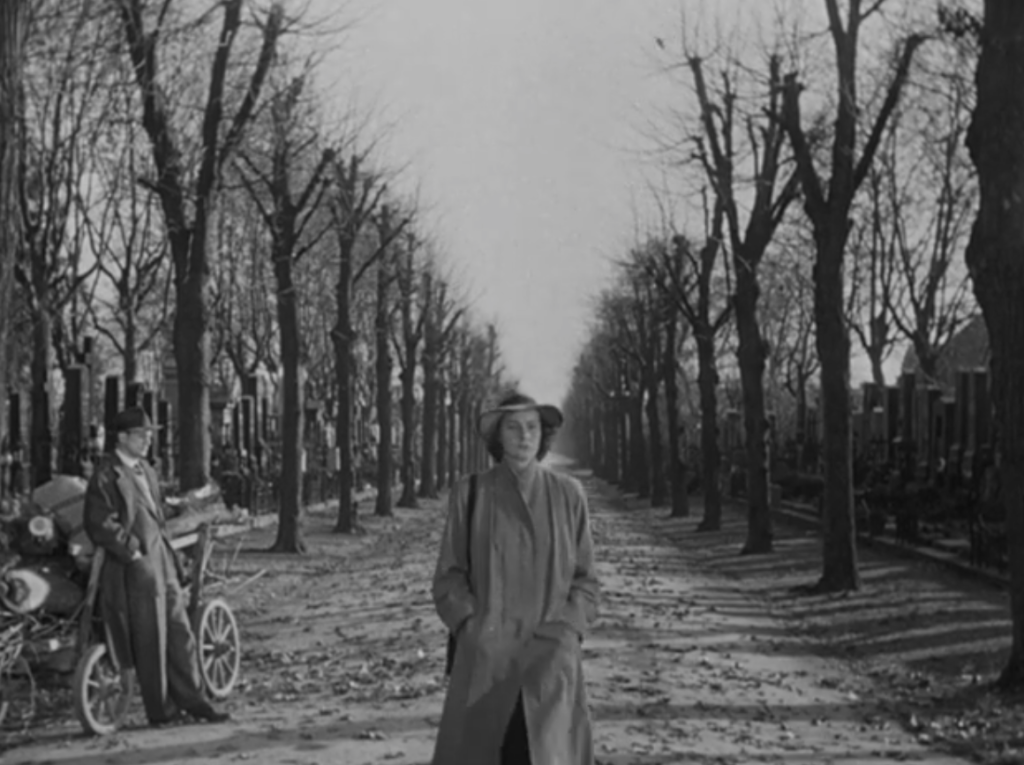Chapter Nine of Peace Like a River — the best novel of the first quarter century of the millennia and yes, I know there are 3 to 4 years left of that range, depending on one’s counting to 100 — is when the Land family hears they now own an Airstream trailer, courtesy of the last and only will and testament of Tin Lurvy, to whom the family, well, Jeremiah anyway, had showed kindness, which, we see immediately bec it hits so close to home, the children thought absurd given Lurvy was corpulent, insistent, and verbose.
It’s also where Swede tells Reuben a story of the outlaw Cole Younger asked to rat on his friends in exchange for sparing his life responds
Be true to your friends, though the heavens fall.
The two are intimately related by the one.
+
The one is not the One, tho it was His notion when he thought of each of us first. The one is here the individual — the single soul, the man, the woman, the child. Lurvy was one, as was Younger, as were each Land, and all, singly, of Cole’s friends, and as are we.
Lurvy on a prior visit had eaten for three, at least, of a seafood stew, that mirabile dictu, kept replenishing, after which, patriarch Jeremiah, paenitet dicere, having acquired an headache, found it necessary to rest for three, at least. During the meal — Jeremiah gracious as host and Lurvy less so as guest — the traveling salesman compared all his bowls to Ivar’s in Seattle [an actual place in our world as well], finding them wanting
Ivar knows his mollusks.
This is more Hanlon’s Razor [or Heinlein’s, or Goethe’s] than anything else but it made Lurvy and his loquaciousness unwelcome in the hearts of Jeremiah’s kids as much as he offered that hearth he had to the doomed Upper Midwest Democrat.
+
In Cole’s case there’s much going on as well.
Swede is generous with boundaries of mere fact so one might assert Mr. Younger never said any such thing, tho of course how could anyone even know that. Really, ‘she made it up’ is weak tea, minus the tea, given that none of us can say it didn’t happen just that way, and we do know it is a riff on
Fīat jūstitia ruat cælum
which gives justice primacy of place over mass destruction. I dunno but think wd prefer — when loving and not thinking firstly of me, which is to say how I’d like it to be, tho sometimes it feels a bit too late — have the friends.
+
God wd too, I think, tho I also think he doesn’t have to choose, as Frances the Badger’s mother puts it in one of the books, ‘between being friends and being careful’. We won’t hafta either tho we’ve rather much to remember, first.
+
Certainly, too, there is this.
+
Anna Schmidt in The Third Man wd as well. She loves scoundrel and murderer Harry Lime and nothing Holly Martins, the weight of the Civilized World or the deadly dangers of an uncivilized one, can do or even wish wd change this.
She loves an individual in fact [and truth] even when that individual loves only the same one as she, and no one else. He loves himself and money and tells lies even about the Borgias to justify it all
You’re just a little mixed up about things in general.
He tells Martins.
Nobody thinks in terms of human beings.
He says, to his friend [and shall we live as if we believe even he has such things?] in the famous scene atop the grinding wheel, and says Martins himself wldnt care if a few random folk ceased to exist, and tho a’course they aren’t random a’tall — all the hospital ward beds are filled by one — this, too, strikes us hard and close.
Yet Anna passes the wounded Martins by in a scene easily 3% of the entire film and which from one angle is the entire film.
+
A responsible opposing view from Aristotle
Dear to me is Plato, dearer still the truth
What lies wd we tell for our friends?
What compassions might we claim.
And cd they, as Flannery said and a Percy character quotes, lead to the concentration camps.
+
My granddaughter is more important than President Joe Biden.
She isn’t more important than Joe Biden, tho of course is to me.
+
[M]odern mass culture feels like a condition in which human beings are treated
as something other than authentic agents. The bureaucratic mind-set, the therapeutic
mind-set, the consumerist mind-set: all, in their own ways, are descriptions of cultural
patterns in which people are treated as objects to be manipulated, rather than persons.
and a thousand fill-in-the-blank types of Twitter [Catholic, Keto, Television, Libertarian].
+
But the One thought of us first.
